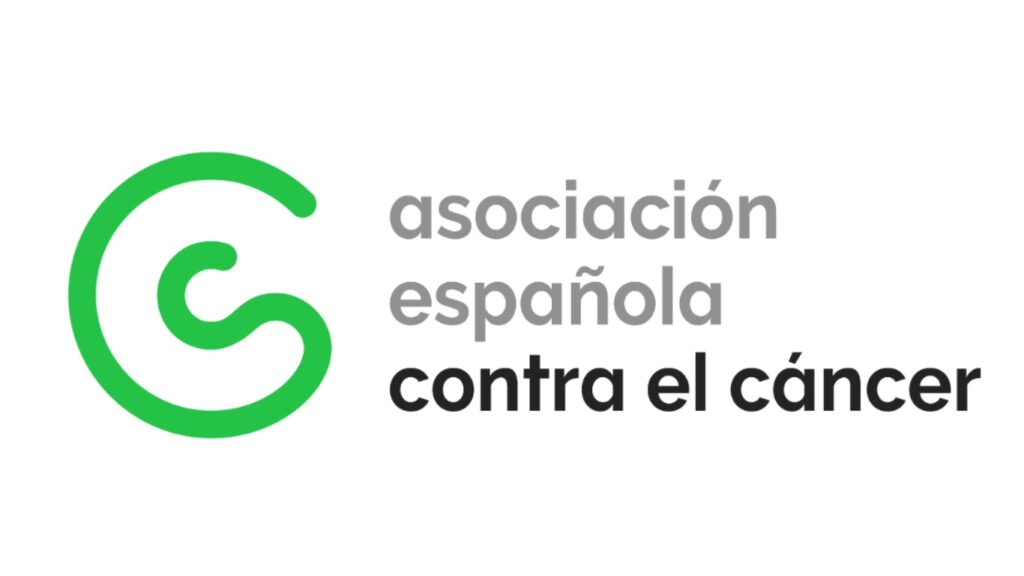The Spanish Association Against Cancer (AECC) distributes every year a large amount of financial aid for cancer research with the ultimate goal of bringing scientific results closer to patients, which would result in an improvement in early detection of cases and their quality of life and an increase in their survival.
At IDIBELL, cancer is one of the 4 main areas of research, and the one with the most research groups. The 12 IDIBELL researchers listed below have received grants from the AECC for a total value of € 1,553,129 in order to carry out their research in projects that cover from the most molecular and basic research field to direct contact with the patient.
Dr. Álvaro Aytés, head of the research group on mechanisms of resistance and progression in prostate cancer, has received a LAB grant to work to identify weak points in tumor cells that would help finding more effective treatments for prostate cancer.
Within the same group and with a Postdoctoral grant, Dra. Lidia Franco will study how to boost the activity of immune cells against prostate cancer cells, a tumor in which immunotherapies are not showing very good results.
Amaia Gonzalez de Zarete will benefit from a program Grupo Prácticas Laboratorio Verano that will allow her to research in the field of cancer genetics.
In the nutrition and cancer research group, led by Dr. Antonio Agudo, the role of diet, physical activity and body composition in the prognosis of breast cancer will be the focus of study, thanks to a Proyectos Estratégicos grant.
Chaima Zoljami will receive a Prácticas de Laboratorio Curso Académico grant to continue advancing in the world of research in tumor processes.
Within the Epibell Program, Dr. Cristian Ochoa, with the help of a Proyectos Estratégicos grant, wants to evaluate the use of new technologies and a digital health system to improve the psychological treatment of patients with advanced lung cancer.
Dra. Isabel Fabregat and her team will focus on the most common liver cancers in order to advance in a personalized therapy for these patients, thanks to the funding of a Proyectos Generales grant.
Jesús Brenes will receive a Clínico Junior grant for the identification of non-invasive diagnostic methods and bioindicators of oropharyngeal cancer caused by HPV.
Within the tumor angiogenesis group, led by Dr. Oriol Casanovas, the research promoted by an INNOVA grant will focus on developing a new treatment for advanced cancers that would prevent the resistance of tumors.
Dr. Pedro Fuentes, a postdoctoral researcher in metabolism and cancer and recipient of postdoctoral fellowship, will study in colorectal cancer how to destroy a molecular shield that makes tumor cells resistant to chemotherapy and thus make them vulnerable to treatment.
Within the research group on cancer therapy and immunotherapy, Dr. Rafael Moreno will receive an Ideas Semilla grant in order to investigate antitumor therapies based on the use of mesenchymal stem cells as cellular vehicles for viruses that attack cancer.
Finally, Dr. Victor Moreno, head of the colorectal cancer research group, will focus on developing a model to predict pancreatic cancer risk and improve early detection with an ERA PerMed help.
The Bellvitge Biomedical Research Institute (IDIBELL) is a biomedical research center created in 2004. It is participated by the Bellvitge University Hospital and the Viladecans Hospital of the Catalan Institute of Health, the Catalan Institute of Oncology, the University of Barcelona and the City Council of L’Hospitalet de Llobregat.
IDIBELL is a member of the Campus of International Excellence of the University of Barcelona HUBc and is part of the CERCA institution of the Generalitat de Catalunya. In 2009 it became one of the first five Spanish research centers accredited as a health research institute by the Carlos III Health Institute. In addition, it is part of the “HR Excellence in Research” program of the European Union and is a member of EATRIS and REGIC. Since 2018, IDIBELL has been an Accredited Center of the AECC Scientific Foundation (FCAECC).

